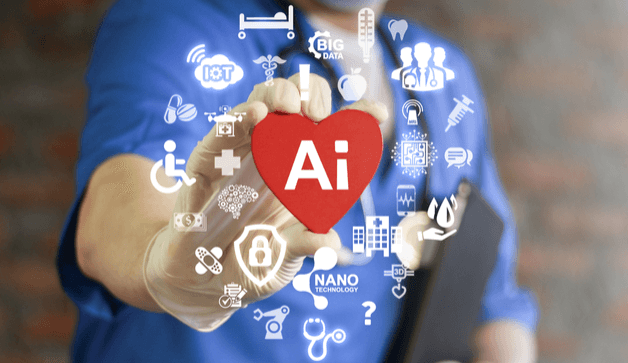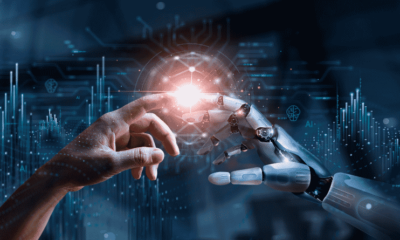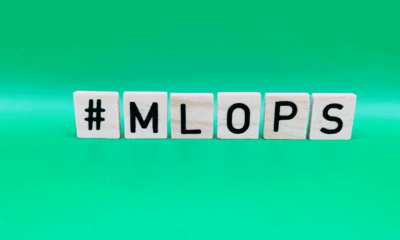
Computer learning the human language is one of the ways that doctors and relevant partners in the medical field are realizing medical breakthrough achievements in the medical field. This is what artificial intelligence is all about.
Medical trials are the basis on which breakthroughs are achieved when it comes to chronic diseases like cancer. The medical field is vast, and so is the medication. Merely finding an appropriate medical trial for a cancer patient is a process that will take a very long time and subsequent use of money to achieve. Governments and private based AI outfits are now more open-minded about clinical trials with AI, and new collaborations are being made in the medical field to speed the process.
Some of the advantages this will bring include:
- Saving billions of dollars on unnecessary drugs
- Shortening the chain of medical breakthroughs
- Reducing the stress on patients that go through the analysis needed before trials.
- Ensuring appropriate eligibility criteria
- Facilitating locating eligible patients
- Enrolling patients who are likely to complete the trials
Matching patients to clinical trials are a process that includes a team of AI developers spending time with patients that are undergoing cancer treatments to attain a deeper understanding of what they are going through. A computer is not able to read between the lines, but developers can narrow this down by ensuring that the computer asks the right questions as well as to give the correct answers when interacting with a patient. The data collection also helps the patient get the information needed to know exactly where to go for the appropriate clinical trial that suits them.
A friendly Chatbot interface
The beginning of the experience is characterized by a chat box that allows the patient or potentially eligible person to ask questions about the condition. The chatbot will provide answers through a written or voice conversation. It will also provide all the background information about the disease. This stage is usually done by a doctor that has to take time and answer as well as give information to the patients that will guide them toward the right clinical trials.
Extracting and analyzing information
The second part of the experience involves the chatbot asking the patient to relay the correct information to the doctor for more details. This step is crucial since most people will not have an in-depth understanding of all the features needed to assess eligibility for a clinical trial. The relevant staff then feeds all the collected information into a simple wizard interface or the app which then analyzes the data to find the right clinical trials for the patient. This step is crucial as the doctor can skim down what the patient needs by a simple look at the data given by the chatbot without necessarily having to meet the patient in person. It saves time for the doctor and the patient in question while providing the best answers in the process.
Doctor based evaluation
The final stage involves the relaying of the information to the patient. The patient receives data in the form of an interactive map will the locations carrying out the most appropriate medical trials. The areas will consider the distance from the patient’s position as traveling is an apart of the considerations carried out by the AI. Medical tests take a long time, and this means a consistent meeting with the hospital that is carrying out the most eligible experiments for the patient and the process costs money for the patient too. The patient must balance life demands such as work, personal commitments and traveling based on what their condition is.
Breaking down processes with AI
Some of the most common challenges with medical trials are dropouts. Dropouts will end up costing organizations a lot of money without any positive or profitable evaluation. AI for medical tests will analyze data about the patient and work towards getting as much information about the patient as possible. The program is designed to ask fundamental questions in line with how a person feels and thinks. The second step will be to extract the data which involves giving the right information to the medical expert that then makes the right decision to connect the patient to the correct medicinal trials considering eligibility.
AI will also find the person’s mental state and capability to go through the testing from the beginning to the end without involving a lot of actual personnel in the process. The best thing about AI for clinical trials is that it will minimize travel and waiting times for patients with chronic diseases such as cancer.



